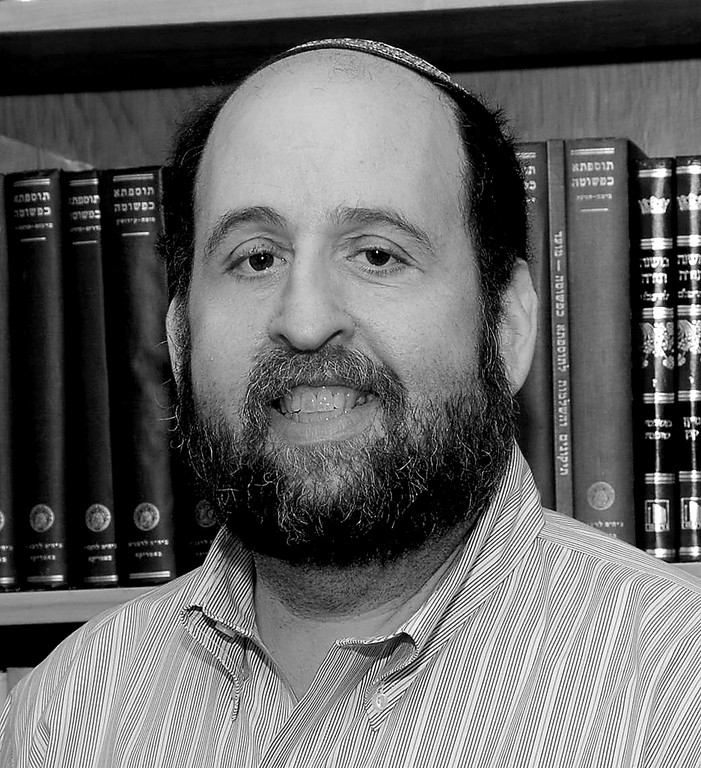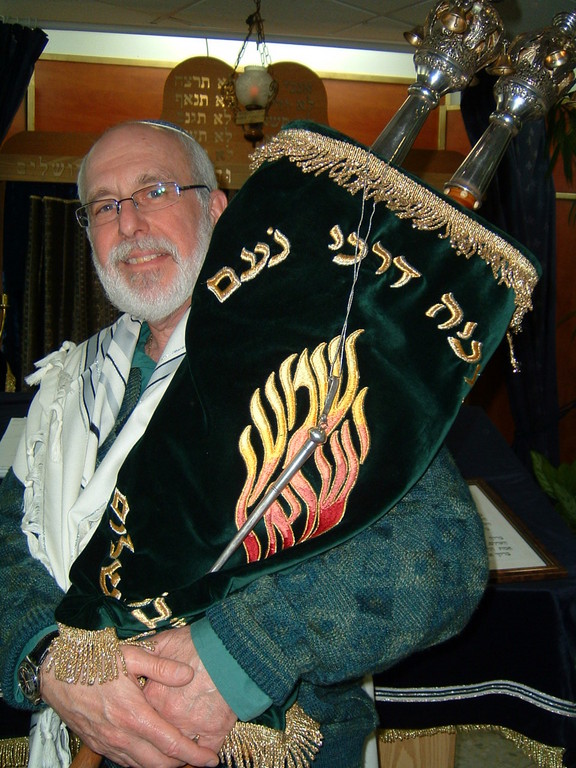Celebrating the holiday of Shavout
Messages from Rabbis Eliot Skiddell and Andrew Warmflash
Standing together at Sinai
Rabbi Elliot Skiddell
In his groundbreaking work “Bowling Alone,” Harvard Professor Robert Putnam used the example of bowling leagues to illustrate how our society is becoming ever more individualized and fragmented.
More and more the activities that we engage in are done by ourselves, whether in the realm of sport or in more sedentary pursuits. Perhaps the greatest icons of our solipsistic society are the various “I” devices, where we download music, movies and television programs that suit our own individual taste and then search the Internet for even more of the same.
Today, though, there are many of us, tired of “bowling alone,” who are looking for community and, fortunately for us, the holiday of Shavuot comes along to remind us that there was a time when we stood together and experienced as one the presence of the One.
On Shavuot we reenact that sublime and awe-filled moment when the People of Israel stood at Sinai together and shared an experience that transcended our differing opinions, showing us that in our diversity there is a unity that connects us.
Each one who stood there experienced that moment differently, for each woman, man or child filtered the moment of revelation through his or her own lens.
Yet, as they looked around they knew that each of them was a conduit for the Energy that coursed through them and flowed from one to another. Jewish tradition tells us that we all were standing there, so long ago, and that the Energy that we call God continues to flow though us in every generation: yesterday, today and tomorrow.
On Shavuot we have the opportunity to remind ourselves that differences of opinion are not a sign of weakness, they are a source of strength; to remember that we do not stand alone at Sinai, nor have we ever had to stand alone, for we belong to a community that is rich in diversity, where everyone has a place and all are welcome. Come, stand next to me at Sinai — I’m saving a place for you!
Taking hold of the Torah
Shavout is about accepting God’s words
Rabbi Andrew Warmflash
The festival of Shavuot is referred to in Jewish liturgy as z’man matan Torateinu — the time of God’s giving of the Torah rather than z’man kabbalat Toratainu — the time we received the Torah from God.
By accepting the Torah and agreeing to abide by its terms, the ancient Israelites entered into a covenant with the Almighty that defined their relationship with God and made them a holy people. Why doesn’t the Jewish tradition put more emphasis on their willing acceptance of the Torah and its commandments?
Perhaps one answer can be found in a striking midrash (rabbinic interpretation) on Exodus 19:17. This passage, which is read in synagogue on the first morning of Shavuot, places the Israelites “b’takhtit hahar,” which means literally under the mountain. Under the mountain? How could that be?
The midrash explains that God uprooted Mount Sinai from its place and held it over the Israelites like a barrel, saying to them, “If you accept the Torah fine and good. If not, this mountain will bury you.” But if the Israelites were forced to accept Torah, argues the sage Rav Acha bar Yaakov, then they did so under duress, and we, their descendants, are not bound to keep its precepts.
“No,” answers another sage named Rava. “Subsequent generations of Jews reaffirmed their commitment to Torah.” We do not rely on the original revelation at Sinai. Rather, every generation of Jews must take hold of the Torah and make it its own.
Because the covenant must be renewed in every generation, we describe the ancient historical event commemorated on Shavuot as “the time of the giving of the Torah.” This is our way of saying God gave the Torah to our ancestors at this season; but we must still accept it for ourselves and demonstrate that acceptance by living lives of righteousness and kindness each and every day.

 59.0°,
Mostly Cloudy
59.0°,
Mostly Cloudy 







